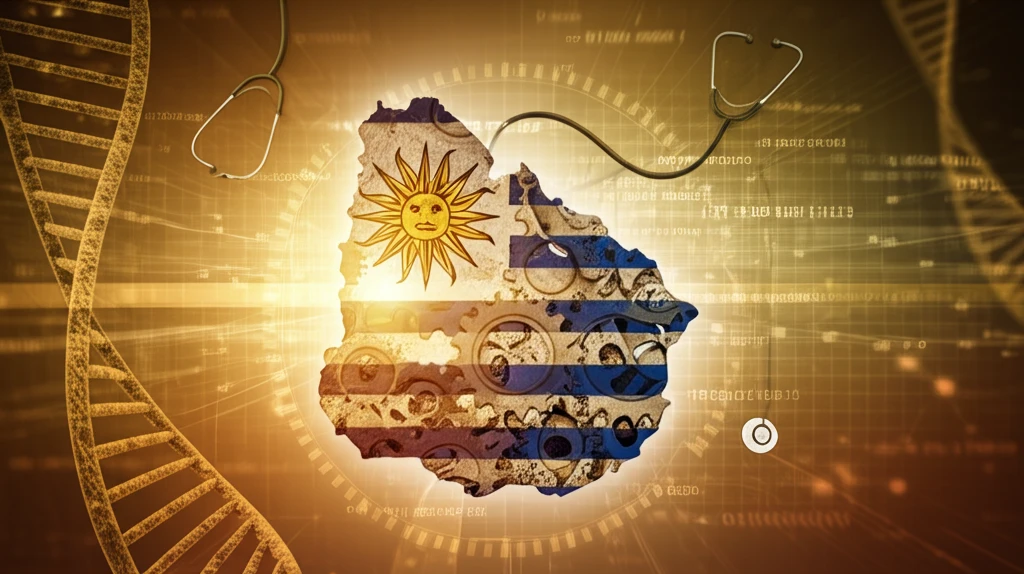
Unlock Your Potential: Uncovering Uruguay's Hidden Strengths in Science and Technology
"Bibliometric analysis reveals surprising advantages in veterinary science, life sciences, and environmental studies, offering a roadmap for strategic investment and growth."
In a world increasingly driven by scientific and technological advancements, nations are constantly seeking to identify their unique strengths and leverage them for economic and social progress. However, accurately assessing these strengths and strategically allocating resources can be a daunting task. Traditional methods often rely on simple heuristics or internal rankings, potentially overlooking hidden advantages and hindering optimal development.
Recognizing this challenge, a recent study published in the Revista Española de Documentación Científica employs a bibliometric approach to analyze Uruguay's scientific production and uncover its revealed comparative advantages (RCAs) in various disciplines. By examining the evolution of scientific output and comparing it to global trends, the study offers valuable insights for policymakers and researchers alike.
This article delves into the key findings of this research, highlighting Uruguay's surprising strengths in areas such as veterinary science, life sciences, and environmental studies. We'll explore the methodology used to identify these advantages and discuss the implications for future scientific and technological development in Uruguay and beyond.
What are Revealed Comparative Advantages (RCAs)?

The concept of revealed comparative advantage, borrowed from international trade theory, provides a framework for identifying areas where a country excels in scientific production. Instead of directly measuring inherent advantages, it infers them from observed output patterns. An RCA exists when a country's share of global scientific production in a particular discipline is higher than its overall share of global scientific production.
- Data Source: Scopus database (1996-2019) providing a comprehensive overview of global scientific output.
- Measurements: Published articles and citations, reflecting both quantity and impact.
- Aggregation Levels: Broad areas (e.g., health sciences, life sciences) and specific disciplines (e.g., veterinary science, immunology).
- RCA Calculation: Comparing Uruguay's share of global output in each area to its overall share of global output.
- Statistical Significance: Employing time series analysis to determine if RCA values are statistically significant and not due to random fluctuations.
Implications for Uruguay and Beyond
This study offers a valuable framework for assessing scientific strengths and guiding strategic investments in Uruguay and other nations. By identifying areas of revealed comparative advantage, policymakers can prioritize funding, support emerging fields, and foster international collaborations. The data-driven insights generated by this research can help unlock the full potential of Uruguay's scientific and technological capabilities, contributing to economic growth, social progress, and global competitiveness.
